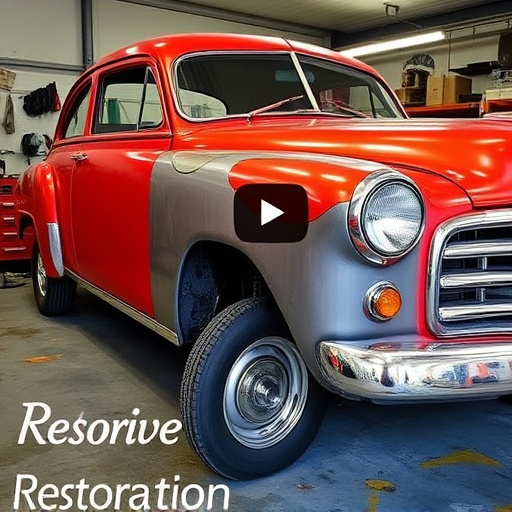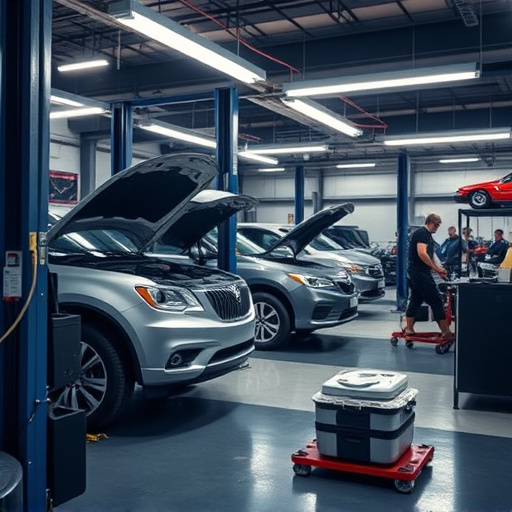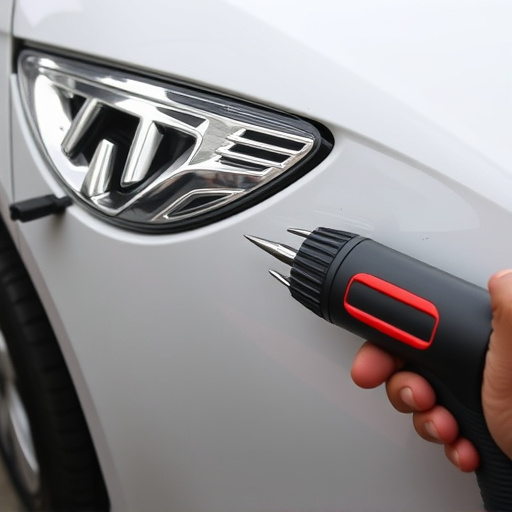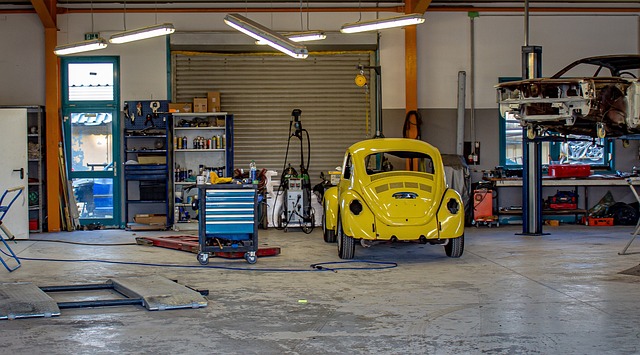Efficient towing to collision center is vital for prompt and effective auto collision repair in commercial fleets. Specialised towing companies handle diverse vehicle types, offering techniques like paintless dent repair for minor damages. This streamlines the process, minimising downtime and costs for businesses. Fleet managers should partner with trusted towing specialists, ensuring quick transport to reputable centers, reducing time off the road, and adhering to safety best practices using certified operators and secure attachments. Effective communication optimises auto maintenance, meeting safety standards before vehicles return to service.
“In the realm of commercial and fleet vehicle maintenance, efficient towing to collision centers is paramount. This comprehensive guide explores the intricacies of towing for commercial vehicles, highlighting the crucial role fleet managers play in streamlining this process. From understanding the dynamics of towing to adopting best practices for safety and efficiency, this article equips readers with essential knowledge for seamless navigation in today’s bustling automotive landscape. Discover key considerations for optimal towing to collision centers.”
- Understanding Towing for Commercial Vehicles: A Comprehensive Guide
- The Role of Fleet Managers in Efficient Collision Center Towing
- Best Practices and Considerations for Safe Towing to Collision Centers
Understanding Towing for Commercial Vehicles: A Comprehensive Guide
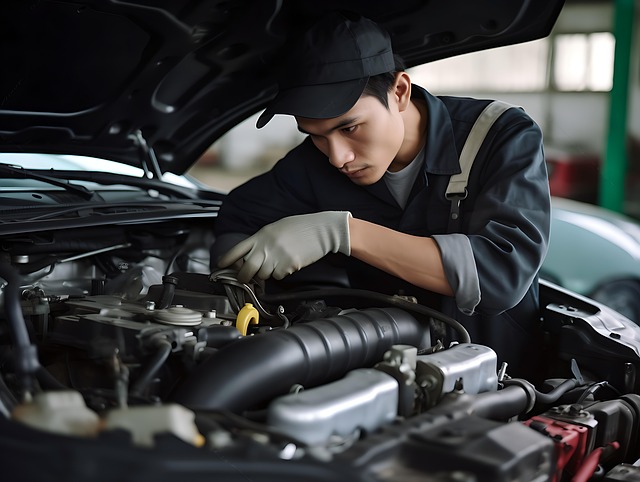
When it comes to commercial vehicles and fleets, proper towing to a collision center is paramount for efficient auto collision repair and vehicle bodywork restoration. Understanding the process ensures smooth operations and minimizes downtime for your business. Towing companies specializing in this service have the necessary equipment and expertise to handle various vehicle types, from trucks and buses to specialized transporters.
The journey starts with assessing the damage to determine the best course of action. For minor issues, paintless dent repair techniques can restore vehicle aesthetics without extensive bodywork. However, severe collisions often require more intricate auto collision repair processes. Efficient towing to a collision center ensures that your fleet vehicles receive prompt attention, facilitating quicker turnaround times and minimizing costs associated with extended downtime.
The Role of Fleet Managers in Efficient Collision Center Towing

In today’s competitive business landscape, fleet managers play a pivotal role in ensuring smooth operations and minimizing downtime for commercial and fleet vehicles. Efficient collision center towing is an integral part of this strategy. When a vehicle experiences a collision, quick and reliable towing services to a reputable collision center are essential. Fleet managers should prioritize establishing partnerships with trusted towing companies that specialize in handling various vehicle types, from trucks to vans. This proactive approach enables prompt removal of damaged vehicles, facilitating swift vehicle repair services at the collision center.
By streamlining the towing process, fleet managers can enhance overall fleet management. They can ensure that vehicles are repaired efficiently, reducing time off the road and minimizing costs associated with extended maintenance periods. Regular communication between fleet managers and collision centers is key to optimizing auto maintenance processes, ensuring that repaired vehicles meet safety standards before returning to service. This collaborative approach not only benefits individual vehicle owners but also contributes to the overall success of the entire fleet operation.
Best Practices and Considerations for Safe Towing to Collision Centers

When towing commercial or fleet vehicles to a collision center, safety should be the top priority. Best practices involve ensuring proper vehicle securing methods, using well-maintained towing equipment, and adhering to weight limits. It’s crucial to employ certified tow truck operators who are trained in securement techniques for different types of vehicles, preventing further damage during transit.
Additional considerations include verifying the collision center’s capabilities to handle the specific vehicle type and extent of damage. Effective communication between the towing service and the collision repair shop is essential to ensure a smooth process. This includes coordinating drop-off times, providing detailed vehicle information, and discussing any special handling requirements for optimal automotive collision repair and restoration of the fleet vehicles.
Towing to collision centers is a critical process, especially for commercial and fleet vehicles. By understanding the importance of efficient towing practices, fleet managers can significantly enhance overall vehicle maintenance and safety. Implementing best practices ensures secure transport, minimizing potential risks and delays. When navigating this process, prioritizing safe towing methods not only guarantees the well-being of vehicles but also contributes to a smoother, more effective collision center experience.


